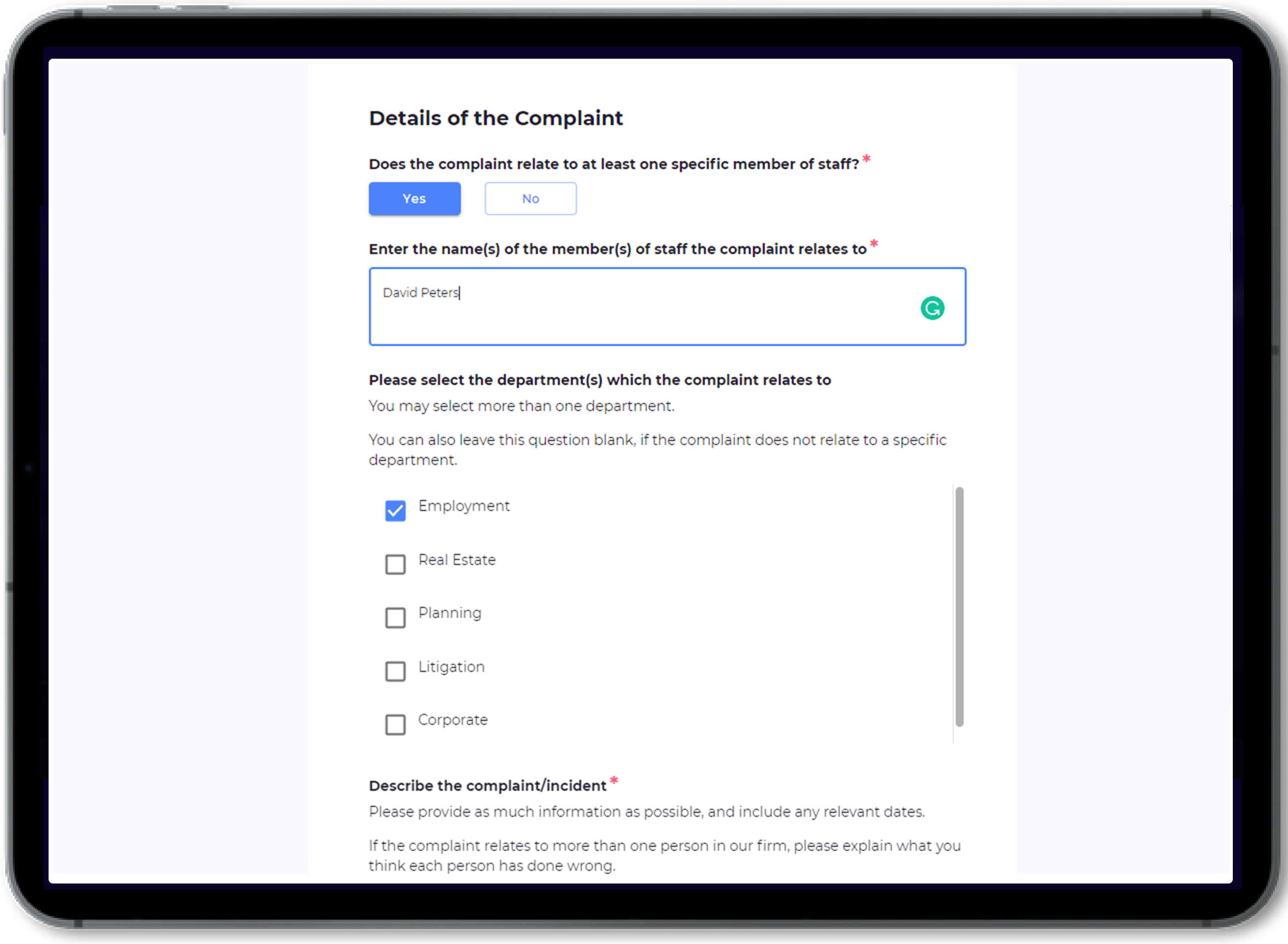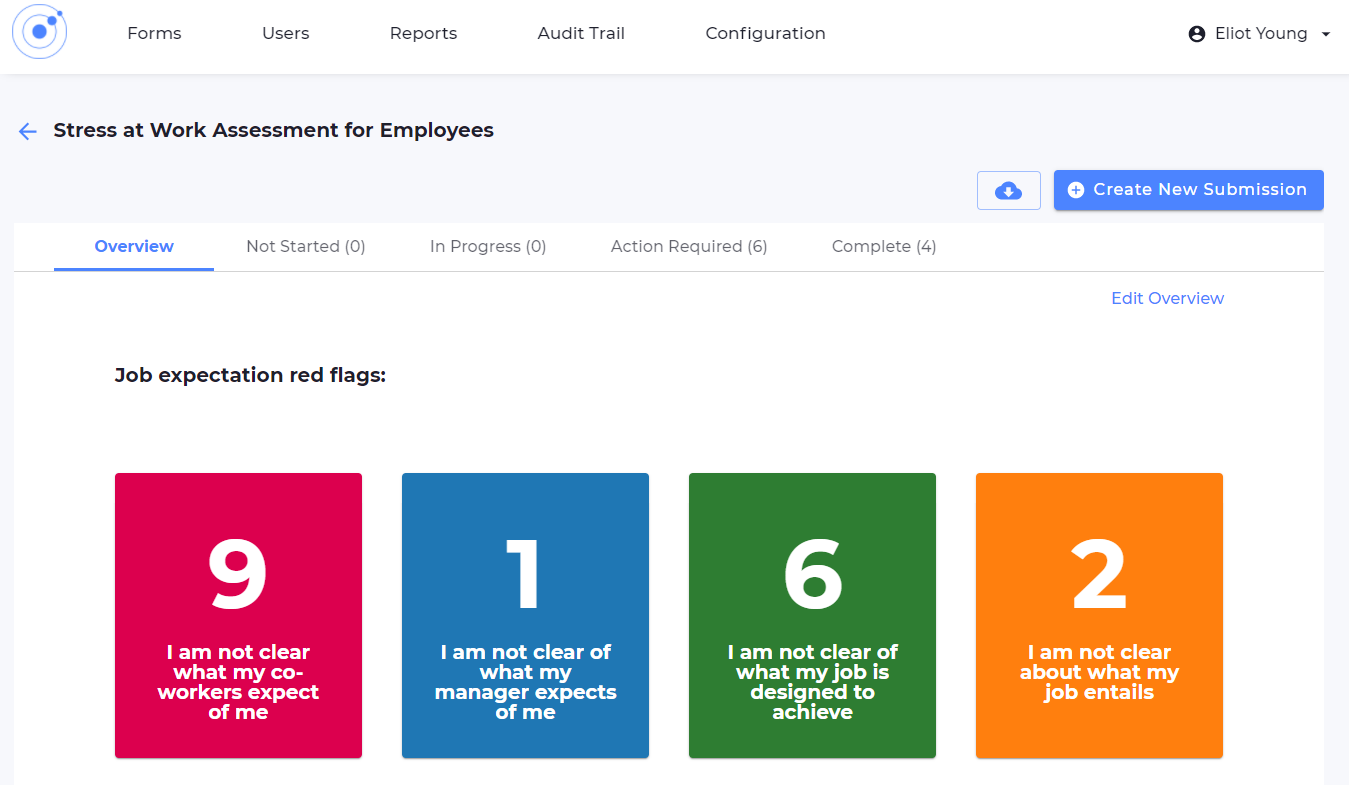Environmental, Social and Governance factors are changing the corporate world
What is Environmental, Social, & Governance? ESG Explained
ESG – Environmental, Social and Governance – is the hottest acronym in the business world. The term is crowding out the old CSR (Corporate Social Responsibility) approach in favour of a more holistic view that considers the carbon footprint as well as the number of women on the board.
3 Main Aspects of ESG
There are three main aspects of ESG to know about.
- Reportings
- Ratings
- Regulations.
Reportings are what the company says about itself. Ratings are what other people say about the company’s ESG efforts, most importantly investors. Regulations are government standards for ESG actions or disclosures.
Global businesses are no longer working on environmental, social and governance issues in a silo. They are bringing them together under the banner of ESG to demonstrate the positive impact their existence is having on the world.
Why is ESG important?
ESG and ESG reporting are increasingly important for businesses. Providing ESG-related reporting information can help burnish a company’s reputation, while withholding ESG information could potentially harm a company’s valuation, access to capital, or its brand reputation in the market.
ESG is about assessing a company’s net positive impact in the world and taking concerted, defined and measurable action to improve it. It reflects a company’s obligations to themselves, the world, and their customers. It impacts the way that a company looks at itself, and the way that others look at the company. And it is about a company’s resilience to adapt to changing circumstances with minimal risk.
How are businesses incorporating ESG?
Samsung announced in late February 2021 that it was redoubling its efforts toward environmental, social, and governance (ESG) initiatives, offering one more piece of evidence of just how seriously corporate sustainability and ESG investing are now regarded.
Nasdaq is considering requiring their listed companies to make diversity disclosures, particularly in regards to the makeup of the directors of their listed companies. This is in part due to the impact of racial tensions which swept the world in 2020 and increasing awareness of the need for business to address systemic racism.
PwC recently noted that 77% of institutional investors planned to stop purchasing non-ESG products. More than half of the investors who answered an Aviva survey, meanwhile, said the pandemic had motivated them to take ESG factors into consideration in their investing.
ESG becoming a selling point to investors
Investors of all stripes now understand that ESG is about investing in companies that either make the world better or at the very least, don’t make it worse.
“At its core, ESG investing is about influencing positive changes in society by being a better investor,” said Hank Smith, Head of Investment Strategy at The Haverford Trust Company.
Investors are prioritising companies’ resilience to unanticipated and potentially damaging ESG risks. Bloomberg, S&P Dow Jones Indices, JUST Capital, MSCI and Refinitiv are a few of the most well-regarded ESG research companies. Scores generally follow a 100-point scale: The higher the score, the better a company performs in fulfilling different ESG criteria.
However, there is no one ESG reporting standard or scale on which to rate or judge companies’ ESG compliance. Metrics and weighting schemes differ, which can make it hard to make proper comparisons. There is some movement towards creating an international standard.
The International Financial Reporting Standards (IFRS) Trustees announced in February that it is moving forward with the idea of forming a new board that would establish global ESG reporting standards. The reason ESG is having such a big impact on the investment world is that it helps investors understand the resilience of firms to ESG risks. Those could be as widespread as climate change or environmental disasters, accusations of racism or harassment, as well as the impact of governance failures such as fines for bribery.
Bringing these disparate risks together helps investment houses prioritise putting money into less risky businesses, or at the very least businesses which understand the risks they face, and are taking the time to conduct due diligence and mitigation measures on those risks. As Goldman Sachs noted, “ESG is no longer optional for asset managers.”
Learn more about ESG from VinciWorks
VinciWorks recently hosted a webinar covering more about ESG and the new era in corporate accountability.
During this webinar, our experts explored the future of corporate accountability rules, and how to stay on top in the changing world of corporate compliance.
The webinar covered:
- New ESG regulations in the UK, US and EU
- How to undertake an internal ESG audit
- Preparing for ESG reporting and regulatory disclosures
- What VinciWorks can do to help with ESG compliance
- Your questions on ESG reporting and compliance















